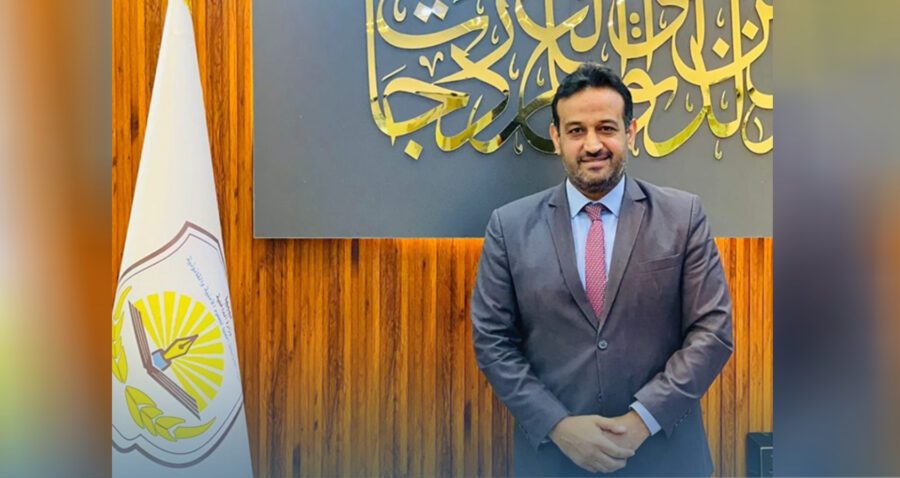Benghazi – A legal memorandum submitted by Tareq Mohammed Al-Jumli, a professor of criminal law at the University of Benghazi and chairman of the supervisory board of Libyana Mobile Phone Company, has revealed significant financial and administrative violations within Tripoli’s telecommunications sector, valued at hundreds of millions of dinars and dollars, posing direct threats to the stability of infrastructure and services for citizens.
The memorandum, presented before the North Tripoli Court of First Instance, showed the signing of financial contracts exceeding one hundred million Libyan dinars, which were passed without following legal procedures or notifying the supervisory board, in addition to the disbursement of large sums in advance to unknown entities.
The document clarified that Al-Jumli’s objection to these deals was met with arbitrary measures, including being prevented from attending Board of Directors meetings and being pressured to resign in exchange for his financial dues.
The document, a copy of which was obtained by the Libyan News Agency, also showed that the 5G service license was granted to a company owned by the son of the Prime Minister of the Government of National Unity, Mohammed Dbeibeh, without financial compensation, while Libyana Mobile Phone Company was used as a front to lease the license for the benefit of the Dbeibeh family.
The memorandum also revealed contracts exceeding $124 million in value were awarded to newly established companies that lack experience and financial records.
Employees of the Al-Madar Al-Jadid company in Benghazi, through their workers’ union, issued a statement asserting that the telecommunications sector has been subjected to a campaign they described as looting and a takeover of its infrastructure, aimed at overburdening operational processes and seizing control of supply and operations, which they considered piracy and a threat to national security.
In the video statement, the employees rejected this project and warned against turning the company into a mere front for the benefit of other entities at the expense of the state and the citizen.
In light of these allegations, if proven true, will the telecommunications sector, which is supposed to be an economic and national lever, remain capable of performing its duties efficiently at a time when some citizens consider its services to be deteriorating and weak?
